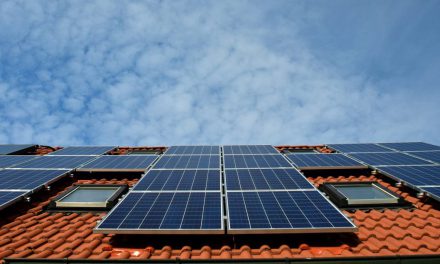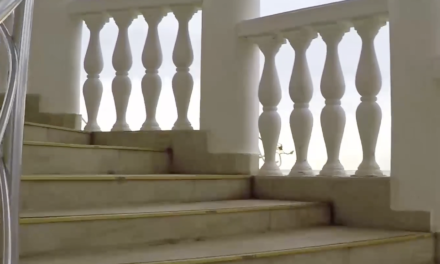Use this first tuesday FARM Letter in your marketing. To request a FARM letter topic, or to see a list of all our FARM letter templates, visit our FARM Letter page.
Download the Personalization Instructions Download the PDF TemplateText only
Dates to remember
Cinco de Mayo – May 5
Mother’s Day – May 8
Memorial Day – May 30
Chicken enchilada soup
- 1 tbs vegetable oil
- 1 pound boneless, skinless chicken breast halves
- ½ cup diced onion
- 1 clove garlic, minced
- 4 cups chicken broth
- 1 cup masa harina (corn flour)
- 3 cups water
- 1 cup enchilada sauce
- 1 pound processed cheese, cubed
- 1 tsp salt
- 1 tsp chili powder
- ½ tsp ground cumin
- Heat oil in a pot over medium heat. Brown chicken breasts for 4-5 minutes on each side. Shred and set aside.
- Add onions and garlic to the pot and sauté until onions are translucent. Pour in chicken broth.
- In a medium bowl, combine masa harina with 2 cups of water and whisk until well blended.
- Add the masa harina mixture to the onions and garlic. Mix in the remaining water and next 5 ingrediants; bring to a boil. Add shredded chicken. Reduce heat to low and simmer until thickened. Serve with tortilla chips and enjoy!
Thinking about going solar?
Before you purchase solar panels or enroll in a solar lease program, here are a few things to consider.
- How much will going solar save me on my monthly electricity bill?
Solar lease programs advertise a monthly savings of 15% off your current monthly electricity rate. This rate is locked in for the length of the lease and will not rise with inflation. On the other hand, purchasing a solar system outright (costing an average of $15,000-$30,000) may take years to pay off.
- Will installing solar panels add to my home’s value?
Yes, going solar may add to your home’s value. Nine out of ten homebuyers prefer to purchase an energy-efficient home even if the purchase price is two-to-three percent higher than a similar non-energy-efficient home, according to the National Association of Home Builders. However, a two-to-three percent price increase is not worth the $15,000-$30,000 investment in most cases. So is a zero-money down solar lease the solution? Maybe. But there are complications to consider with solar leases, as well.
- Will a solar lease derail the sale of my home?
There have been cases of solar lease contracts putting a home sale on hold or even cancelling a sale. To avoid these complications:
- ask the solar leasing company about the requirements for transferring a solar lease to a homebuyer before you sign a contract;
- do the math to figure out if the monthly savings are worth the potential complications with the eventual sale; and
- if you decide to go with a solar lease, disclose the solar lease to all potential homebuyers upfront to make sure it doesn’t become an issue before closing.
Maintenance Tip!
Maintaining a healthy lawn requires plenty of water and fertilizer, but you don’t have to empty your wallet to keep your lawn green. Cut your costs by:
- watering your lawn only one to two inches per week;
- keeping mower blades sharp and clean to trim grass for maximum moisture retention;
- mowing your lawn to no lower than two or three inches to reduce root exposure and water evaporation; and
- investing in a self-mulching lawn mower to allow the cuttings to fertilize the lawn.
A vibrant yard doesn’t always mean having a lawn, either. Consider replacing your grass with cost-effective alternatives, such as:
- drought-resistant plants;
- seeds or young plants, which are cheaper than buying full-grown plants;
- trees and plants native to your area to eliminate the need for extraneous watering; and
- fruit trees or a vegetable garden.















